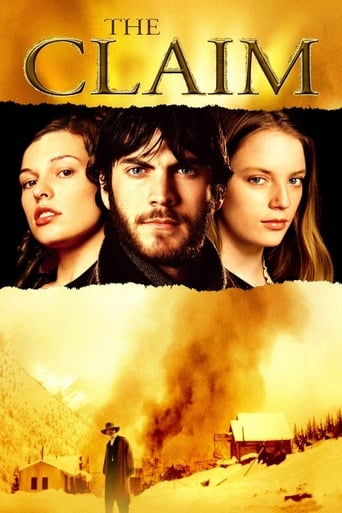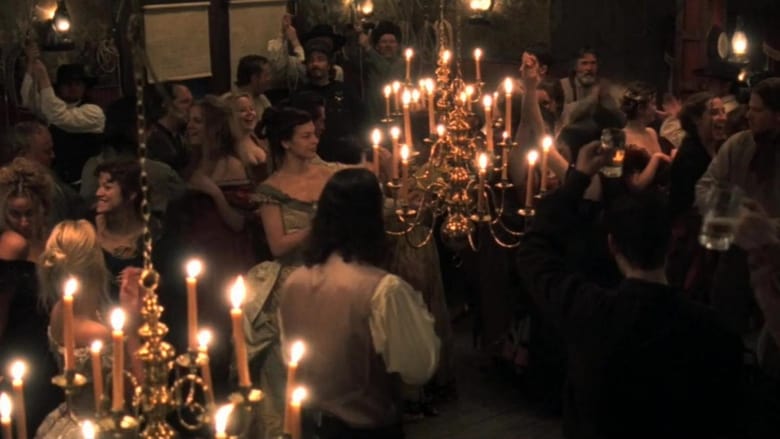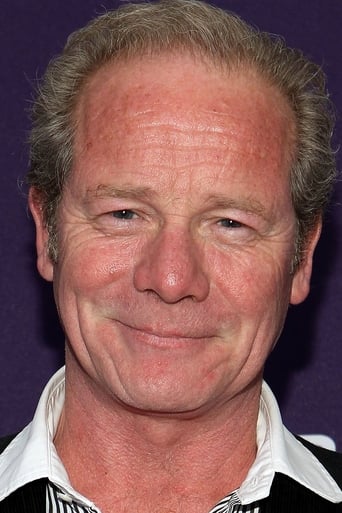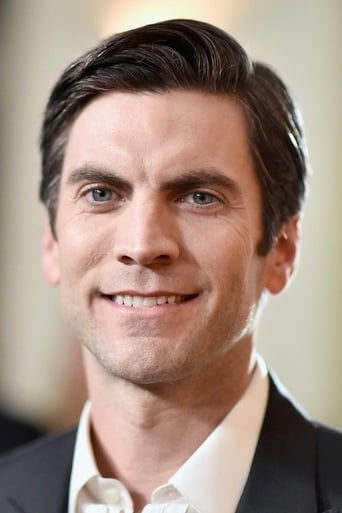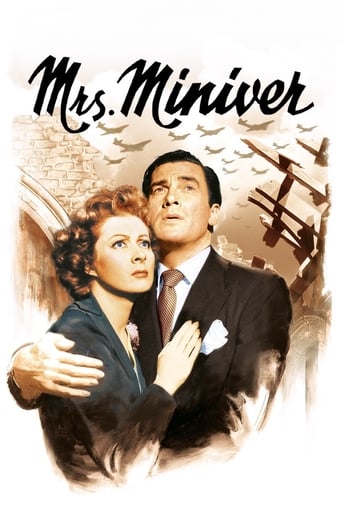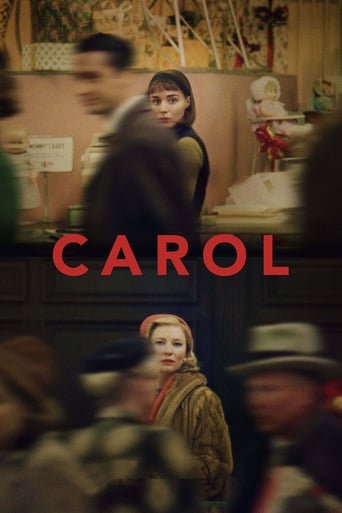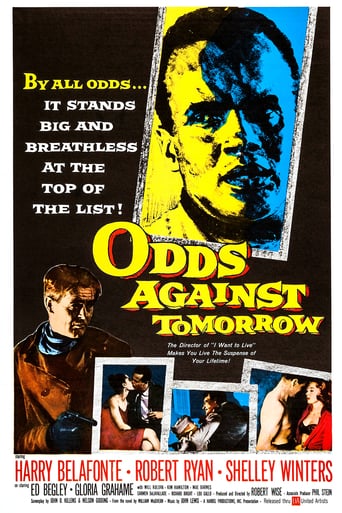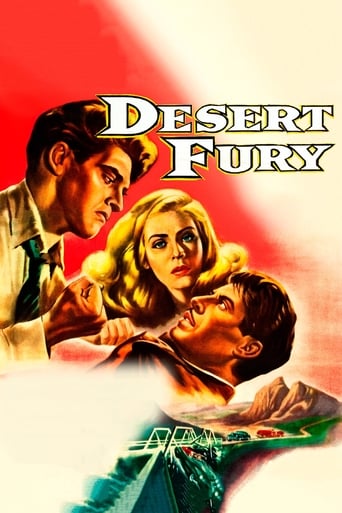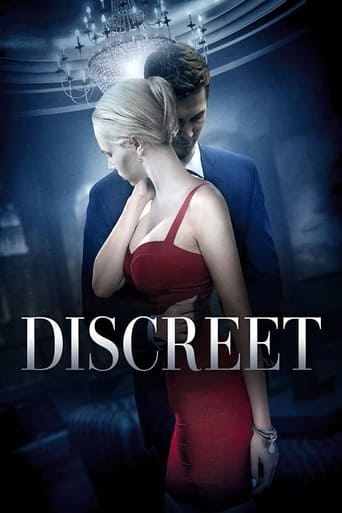The Claim (2000)
A prospector sells his wife and daughter to another gold miner for the rights to a gold mine. Twenty years later, the prospector is a wealthy man who owns much of the old west town named Kingdom Come. But changes are brewing and his past is coming back to haunt him. A surveyor and his crew scouts the town as a location for a new railroad line and a young woman suddenly appears in the town and is evidently the man's daughter.
Watch Trailer
Cast


Similar titles
Reviews
That was an excellent one.
People are voting emotionally.
Just perfect...
All of these films share one commonality, that being a kind of emotional center that humanizes a cast of monsters.
If William Shakespeare's plays can be staged as Freudian science fiction or medieval samurai dramas, and Jane Austen re-written as an airhead Beverly Hills teen comedy, why can't Thomas Hardy's 'The Mayor of Casterbridge' be transplanted from rural Dorcetshire to a rough and tumble California mining camp during the 1849 gold rush? After all, the change of scenery in Michael Winterbottom's screen adaptation (here given the more marquee-friendly title 'The Claim') is only geographic, putting a visually restless Western spin on an otherwise typically mannered Old World allegory of guilt and retribution.The title character of Hardy's novel is now a wealthy, influential magnate in a Mother Lode boomtown likely to go bust unless the Central Pacific can lay its proposed trans-continental railway within whistle distance of the mines. His town is named (with undisguised significance) Kingdom Come, and in true literary fashion its leading citizen is hiding a terrible secret.Flashbacks (early enough in the film to not require a spoiler alert) reveal the awful truth: as a starving young immigrant he coldly traded his own wife and infant daughter for the lucrative grubstake that would give him all his subsequent prosperity and power. Years later, his dying wife and now grown daughter (the latter ignorant of her pedigree) have returned to Kingdom Come, and their arrival by stagecoach, together with the young engineer from the railroad survey team, is the fateful curtain opener and catalyst for what follows.It sounds compelling, and on a purely cosmetic level the film is a welcome relief from the usual medley of Hollywood sequels, spin-offs, remakes and rip-offs now crowding the nearest multiplex. But somewhere in translation from print to screen some of that dramatic potential was lost, smothered under the too relentlessly grim and oppressive presentation.One hundred and twenty minutes of overcast skies and drifting snows can leave a bitter aftertaste with even the most stalwart viewer, although it needs to be said that the near palpable winter chill is more or less faithful to the spirit of the original novel. According to the Concise Columbia Encyclopedia (a handy one-volume, all-purpose reference guide) Hardy was known for writing "generally gloomy, naturalistic studies of character and environment", which is about as tidy a description of the film as anyone could ask for.Paraphrased in less formal vernacular, the gist of it can be summed up even more simply: "Life stinks – get used to it." Winterbottom goes out of his way to vividly depict the Old West in all its true, unromantic squalor, creating a ramshackle plywood metropolis populated by a rootless community of bickering whores, drunken miners, unlucky gamblers, and other assorted vagabonds on the muddy road to El Dorado. Even the more lavish boudoir of the local nabobs ('mayor' Peter Mullen and his 'Portuguese' mistress Milla Jovovich) is under lit to the same shabby monochrome.Add some fashionably sloppy cinema veritè camera-work and the result is a handsome but frigid retro-70s downer, heavily in debt to Robert Altman's 'McCabe and Mrs. Miller' but conspicuously lacking Altman's anti-Hollywood iconoclasm (not to mention Warren Beatty's marquee value charisma). Winterbottom certainly deserves a round of applause for at least attempting to de-glamorize the traditional silver screen whitewash of frontier life. But despite the rich texture of the period detail he still can't resist putting a halfway romantic halo around the raw vulgarity of his setting. Maybe it's an unavoidable side effect to spinning a Western tall tale. Heck, even Sam Peckinpah's 'Wild Bunch' had their moments of misty-eyed, sloppy macho sentimentality.You can see it here in the majestic alpine scenery, meant to be California but shot (somewhat obviously, to this displaced Westerner) in the more visually epic Canadian and Colorado Rockies. (A quick historical nitpick: the California gold rush took place in the lower Sierra Nevada foothills, nowhere near the timberline location of Kingdom Come.) You can see it also in the glistening teeth and glowing complexion of Wes Bentley and Sarah Polley, looking perhaps too fresh and contemporary against the mid 19th century grubbiness of their surroundings.Bentley is the young survey engineer attracted to Polley, the unsuspecting long-lost daughter of town boss Peter Mullen. And it shouldn't surprise anyone to find their budding relationship given center stage over what should have been the real meat of the scenario: the troubled reconciliation between a conscience-stricken Mullen and his estranged, dying wife, played by Nastassja Kinski.Maybe it wasn't written like this, but somewhere in the editing room the focus shifted away from the tragic consequences of Mullen's Faustian bargain, upsetting the already lopsided narrative balance in favor of the (more photogenic) younger actors. Consider it a token olive branch extended to an audience asked to endure a long, cold, and otherwise uninvolving drama.Bentley himself is allowed the final, inexplicably optimistic epitaph, after the town of Kingdom Come, and the compromised reign of its founding father, have both achieved their (not unpredictable) fiery purgation. "They're like kings", he tells Polley, gazing in awestruck admiration at the gray parade of pioneers bringing civilization to the untamed American wilderness. Nobody mentions the fact that all this activity is at the compulsion (and to the ultimate profit) of the railroad monopolies, but never mind. It's a silver lining to send the paying customers home happy, and set the shade of Thomas Hardy spinning in his grave.
Frank Cottrell Boyce is dismissive of screen writing books, but on the evidence of this disjointed, incoherent outing he may want to take a trip to the library. Bearing a superficial resemblance to The Mayor of Casterbridge, this film lacks dramatic tension, dramatic irony, humour, characters who we can love or loathe, and most essentially a plot that resolves itself on the basis of the choices the characters make. Hardy's novel traces the rise, fall, then rise again of a powerful, cantankerous individual. The novel's tragic irony is that the 'daughter' the Mayor sacrifices everything for is not, in fact, his biological daughter. This plot line is inexplicably discarded by Boyce. It robs the climax of any dramatic power, Winterbottom looking to compensate for the lack of emotional payoff with a show of pyrotechnics.Like Boyce, Winterbottom fails to do justice to the story. Daniel gives up all for his daughter, but the emotional impact is never relayed to the audience. Elena tells Daniel that to embrace Hope as a daughter he must tell her the truth. That conversation takes place with the camera behind Daniel and Elena, their faces masked in silhouette. Why cast actors of the caliber of Kinski and Mullan if you won't let the audience see them act in their most dramatic moments? The only father-daughter interaction between Daniel marrying Elena and the crucial scene where he tells her the truth, is a dance at the wedding relayed in a prosaic, underwhelming longshot. When Daniel comes to tell her of his past misdeed he does so matter-of-factly, she runs away, and the inner turmoil this must have caused for both individuals is never examined. It is symptomatic of the failure to manage any emotional arcs or beats in this film. Winterbottom does not seem to follow the basic rules of action-re-action. When Hope first reveals herself to Daniel with the rosary beads, there is shock - then nothing. A reflective moment, with Daniel fingering the beads, is called for but never offered up. Dalglish loves Hope, sleeps with someone else, blames it on his job, and is forgiven. A sub-plot involving a railroad engineer and a prostitute takes up more screen time than the Hope-Dalglish romance. At two points people are shot dead but we cut to life going on as normal, with no sign of grief or consequences for the community.The film looks like an amalgam of Winterbottom's Wonderland (the fireworks scene is recycled set-up for set-up) and Miller and Mrs. McCabe. However, it has neither the keenly felt human longing of the former or the frailty and mystery of Altman's latter.Perhaps in reaction to the less-than-inspiring efforts of his collaborators, Michael Nyman seems not to have bothered too much with this one. He re-jigs a few notes on his Wonderland score and layers it over The Claim. All the music did was take me out of the film and make me think how sad it is to see a genius plagiarizing his own work.The Claim looks nice in places, though the snow-covered pioneer town invites comparisons with Altman's masterpiece and once again falls short. There are some nice moments, most notably when Jovovich sings about Portugal. But it is all very bitty, ill-disciplined and under-realised. It looks like a work in progress rather than a finished film. Boyce, Winterbottom and Nyman have all done better in the past, and need to do so again.
Every time I catch this movie, I'm reminded of the haunting, overwhelming spell I experienced with works like Cimino's "Deer Hunter" or "Heaven's Gate" (as well as several others) that convey this raw feeling of "being there" mixed with lyrical, poetic power. They seem the result of a mysteriously invisible success at combining rhythm, camera work, set design, sound, acting and what not.Funny, though, how each time, I'm left with a drilling question: "what is *wrong* with this incredibly inspired movie?" I found some answers reading the following reviews: I almost completely second the views of1. sumrrain, April 25th 2001, who mostly nails my feelings better than I could have *AND* offers some possible explanations as to what prevents the movie from being even better;I found also found valuable ideas in the review by2. gpadillo, November 9th 2004: I haven't read Hardy's book, but I like to hear gpadillo's take on, amongst other things, what kind of adaptation we are dealing with here.Now, I personally feel the urge to give credit to Sarah Polley's performance. Her presence in most every scene she appears in is so intense and profound as we perceive the multiple layers and the strength in this girl much less fragile and lost than she appears. As I see it, she provides the second underlying main story, hidden literally by the more spectacular Mullan and Kinski, just as well as her character is sort of hidden and hushed to silence by the painful relationship between her parents.I can't think of a lot of "young women coming of age" characters portrayed this powerfully. Nathalie Portman in "Beautiful Girls" as well as Bryce Dallas Howard in "The Village" come to my mind; not much more, in my very subjective opinion. Both actresses which I have tremendous respect for (and I really couldn't care less if Portman made some career choices considered as "poor", or sometimes unfortunate...)This is one of the most ambitious and successful cinematic challenges undertaken in the last ten years, and I really think one can hardly afford to skip it if interested in what a big budget movie *still* can be nowadays.
Beautiful screening of Hardy's novel which, while just 1.20 minutes long ,achieves epic proportions due to it's well paced narrative, great acting and setting, some breathtaking winter landscapes. The music is great with a special mention to the performances of Lucia.The movie tells the story of a family divided by the greed and naivety of the man, greatly played by Peter Mullan, who sells his wife and young daughter for a claim to a gold-rich land property. He will achieve wealth, but will always be haunted by his past. Twenty years later he will try to make amens, but will have to pay the ultimate price in order to regain his honor.While shot in a blue tint, the movie is very colorful in depicting the life of multi-ethnic immigrants, as well as the life in the American gold rush at the turn of the 19-th century and also the end of a town which fate didn't favor to be crossed by the yet to be built railway. The ballad of Noreen Bawn remains haunting and furthermore accentuates hardship and turmoil these settlers went through their quest for a new life, gold, or redemption.

